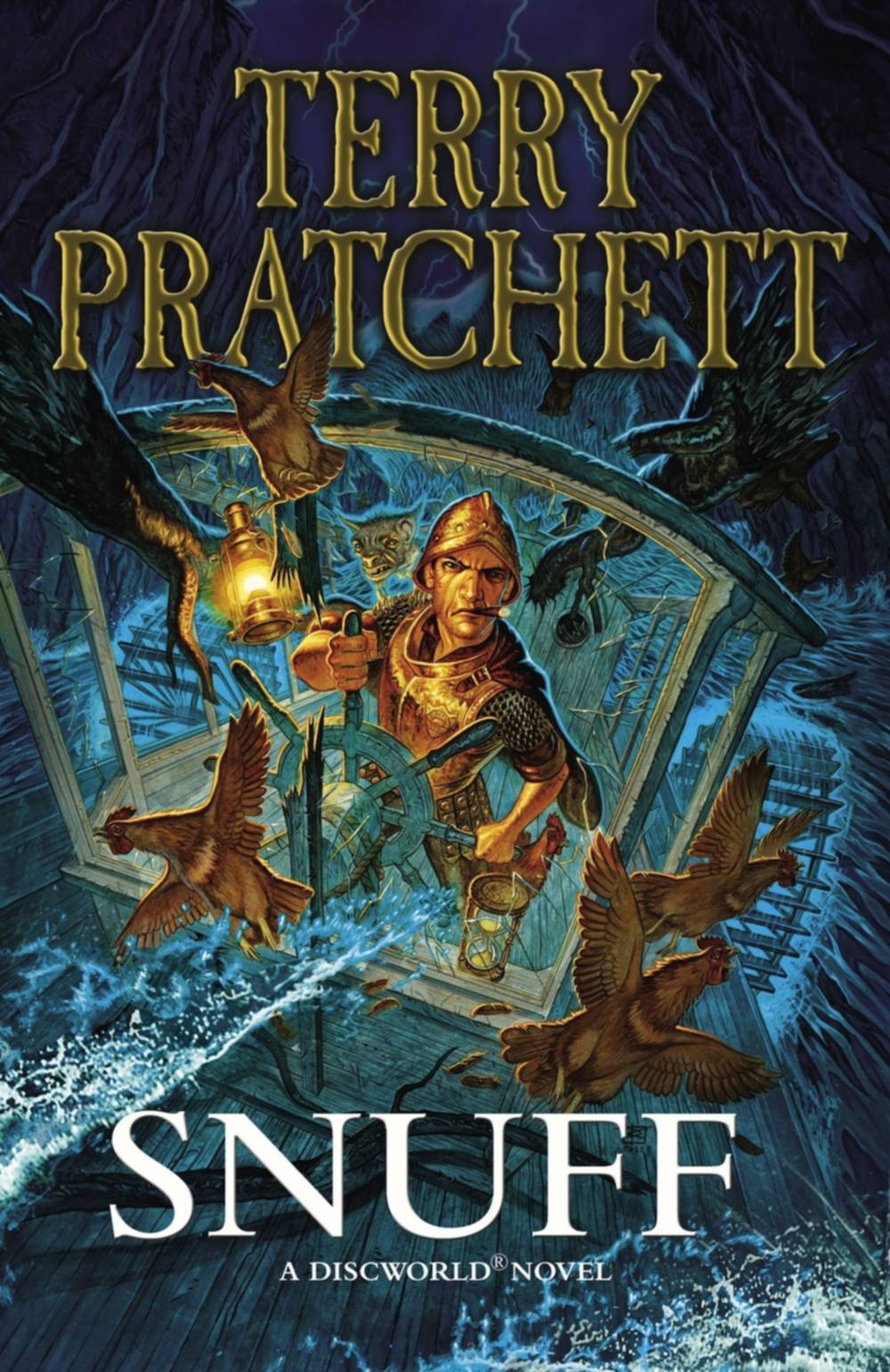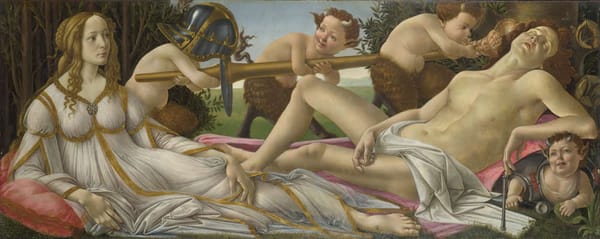Let's do the Vime warp again
Ian Green returns to Discworld and finds even more Pratchett magic

In his thirty-ninth “Discworld” novel, ‘Snuff’, Terry Pratchett takes his beleaguered officer of the law Sam Vimes on a well-deserved holiday (the relaxation bit does not last long, of course) to the countryside. Pratchett has built, over the course of the novels, an entire self-contained universe set on the disc of a world on the back of four elephants standing on the back of the a giant turtle, with a cast numbering in the hundreds.
As the series has progressed, it has grown funnier and smarter. The writing has developed into sharp prose; the books have matured from being broader satires of the fantasy genre into wonderful pieces in their own right. It is their consistent humour that has ensured Pratchett’s success. Every page is imbued with comedy, but Pratchett revels as much in plot and description as in one-liners and satire. For a fantasy crime novel, ‘Snuff’ contains enough asides on slavery, class, the countryside and literature to stagger the newcomer expecting some light fluff. The marvellous thing about this book is that these little moments never feel forced and are deftly woven into the narrative.
By ‘Discworld’, Sam Vimes has gone from being the drunken shambles of a man seen in ‘Guards! Guards!’ to a renowned figure of justice; head of the city watch and Duke of Ankh. Along with his fantastic savage-yet-suave butler Willikins, Vimes must decipher a countryside full of chickens, goblins, villagers, and rich lords; all whilst attempting to bring justice to those who deserve it, avoiding the disapproval of his wife, and still finding the time to show his son the wonders of the countryside.
‘Snuff’ contains all the usual Pratchett magic but in many ways the humour seems more natural and frequent than in earlier works, relying more on observation and action rather than on jokes. This evolution in style allows the plot to move forward at full speed, and certainly there is enough going on to keep the reader turning pages. By removing protagonist Vimes to the countryside, Pratchett has taken him out of his element. This is certainly not a new formula, but it is pulled off with such élan it is impossible to begrudge.
Readers new to Pratchett can find the book enjoyable and accessible, but certainly the many references to his past work make it a treat for his long term fans. Within a week of its release ‘Snuff’ had sold more copies than the entire combined sales of every book on the Man Booker Prize long list. Whilst some literary snobs may doubt the contribution of his genre, Pratchett’s legions of fans and phenomenal sales record leave no doubt that he is still on an upward trajectory.
Snuff is out now









